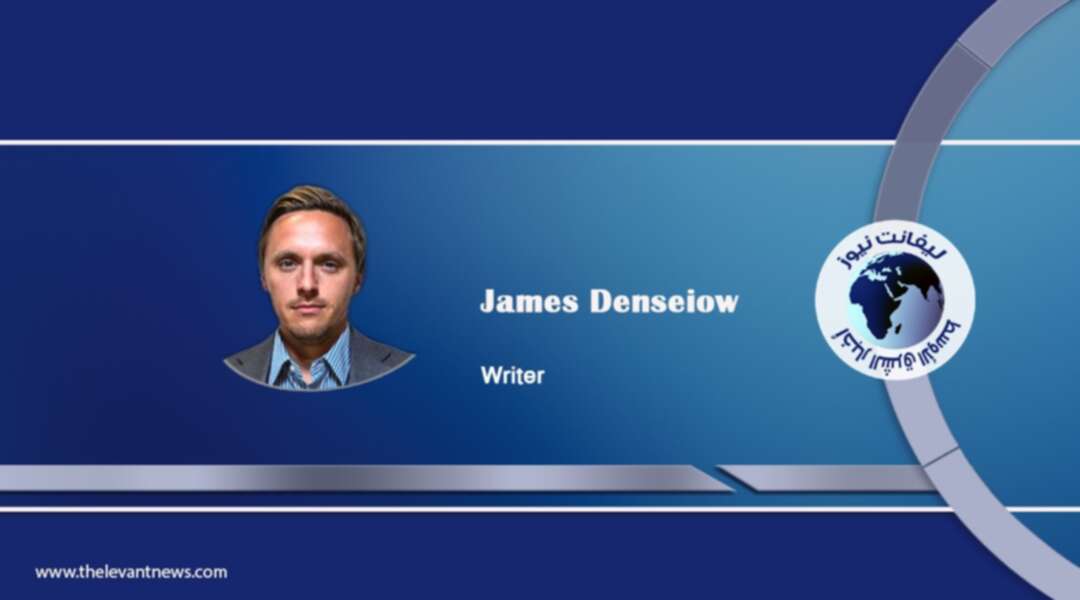-
Lebanon’s Reckoning

It is often said about change that it happens slowly at first and then all at once. Lebanon for so much of the last decade, has been in the shadow of more dramatic events in the region. The Arab Spring, the war in Syria, the rise of ISIS and Saudi-Iranian tensions have dominated the international news agenda whilst Lebanon’s more longstanding, intractable and complex political issues have metastasised in the shadows.
Today it is hard to see much more news happening in Lebanon at once. Growing regional tensions between Israel and Hezbollah threaten the country with major conflict, corrupt and incompetent governance is the most likely explanation for a explosion damaging half of the capital city Beirut, a billion dollar trial concludes into the killing of former Prime Minister Rafik Hariri and this week the country’s caretaker Health Minister warned that hospitals are reaching maximum capacity.
The World Health Organization has said that more than half of 55 healthcare facilities evaluated by the agency were “non-functional”, three major hospitals were out of operation and another three were running at well below normal capacity. Few politicians around the world have as hard a job as caretaker health minister Hamad Hassan. Hassan has warned that the country is ‘on the brink’ and urged the Government to impose a new two-week lockdown to stem the spread of the virus.
The country reported a one-day record of 456 new infections on Monday, bringing the total number of infections to 9,337, including 105 deaths since the start of the outbreak in February. Lebanon’s worst peacetime disaster has made the difficult art of governing during a fast moving and deadly pandemic that is constantly posing new challenges. Hassan admitted this conundrum that never before has trust been so low in the State at a time in which listening to their Covid policies are more important than ever. “Our ability to control behaviour in the face of the virus is more limited,” the new minister said.
A government that is unable to govern is likely to be overwhelmed by a virus that has forced far more organised and resourced countries to their knees. Just as the infection rate has an exponential capacity, so seemingly have anti-government protests. Protests have the twin impact of putting large numbers of people in close proximity, good for the virus, and also making it harder to run the logistics of the public health response, bad for the people.
Any further locking down would have to somehow account for the tens of thousands of people who’ve been displaced or made permanently homeless by the explosion at the Port of Beirut. A huge relief effort is needed that combines dealing with the twin urgencies of Covid and the blast recovery, all done against the backdrop of a political system in crisis and a corrupt and how nosediving financial system.
Added to this volatile mix is the UN court giving its final verdict on the 2005 assassination of former Lebanese Prime Minster Rafik al-Hariri. 15 years and $1bn dollars later the verdict has set out how ‘compelling circumstantial evidence’ is the closest that we will ever come to knowing the what and the why of the killing, but it adds to tensions at an incredibly sensitive moment in the country’s history.
The challenge for Lebanon is immense. At this crossroads of a political, health and financial crisis leadership is what’s needed to chart the country out of choppy waters. The resignation of the technocratic government in the wake of the Port blast changes nothing substantive as to the underlying challenges of the country’s body politic and the key question remains whether the country’s elites double down on protecting the status quo or embrace some form of new direction.
What and how this happens remains unclear and will most likely be decided away from the transparency and scrutiny of formal political institutions, to the detriment of the Lebanese peoples search for accountability. What makes the equation even more complex is the question as to how much regional influence is or can be exerted over these same elites regarding this question of political revolution or evolution. However, with the status quo so clearly untenable things may have to change just to preserve a status quo and the one guarantee is that 2020 will be a historic year for the country

by : jamse danselow
Tags
You May Also Like
Popular Posts
Caricature
BENEFIT Sponsors Gulf Uni...
- April 17, 2025
BENEFIT, the Kingdom’s innovator and leading company in Fintech and electronic financial transactions service, has announced its sponsorship of the “Innovation and Sustainable Technology Solutions Competition (GU - IST Solutions), hosted by Gulf University at its main campus.
This strategic sponsorship reflects BENEFIT’s active role in advancing technological innovation and fostering sustainable solutions to future challenges. It also seeks to empower Bahraini youth by enhancing their skills, capabilities, and competitiveness in innovation and solution development—contributing meaningfully to the broader goals of sustainable development across all sectors.
As part of BENEFIT’s active involvement in the competition, the company has announced that Hanan Abdulla Hasan, Senior Manager of Public Relations and Communication, will serve on the competition’s supervisory committee. Her upcoming participation reflects BENEFIT’s forward-looking commitment to championing academic and professional excellence.
Commenting on the occasion, Hanan Abdulla Hasan, Senior Manager of Public Relations and Communication at BENEFIT, said, “We are privileged to support this pioneering initiative, which aligns seamlessly with BENEFIT’s enduring commitment to fostering innovation and nurturing the potential of Bahrain’s youth. Our participation is rooted in a deep sense of social responsibility and a firm belief in the pivotal role of innovation in shaping a sustainable future. Through such platforms, we seek to empower the next generation with the knowledge, skills, and foresight required to develop impactful solutions that address future challenges, in line with the United Nations Sustainable Development Goals 2030.”
Dr. Aseel Al Ayash Dean of the College of Engineering in Gulf University commented, “We extend our sincere gratitude to BENEFIT for their generous sponsorship and support of the Innovation and Sustainable Technology Solutions Competition. This contribution plays an instrumental role in helping us achieve the strategic goals of this initiative, namely, cultivating a culture of innovation and sustainability, encouraging efforts that address the imperatives of sustainable development, and enhancing the practical and professional capabilities of our students and participants.”
The event will bring together a diverse spectrum of participants, including secondary school students, university undergraduates, engineers, industry professionals, entrepreneurs, academic researchers, and subject matter experts representing a wide range of disciplines.
The competition seeks to inspire participants to develop and present innovative, sustainable technologies aimed at addressing pressing environmental, social, and economic challenges. It encourages the formulation of business models that integrate advanced technological solutions with core principles of sustainability. Moreover, it serves as a platform for emerging leaders, entrepreneurs, and innovators to contribute to the advancement of the Sustainable Development Goals, promote the ethos of responsible technology, and demonstrate its transformative potential across various sectors.
Attendees will have the opportunity to view a series of project presentations submitted by participants, covering diverse areas such as eco-friendly product design, smart and sustainable innovations, renewable energy technologies, water conservation and management, waste minimisation and recycling, green architectural solutions, and sustainable transportation systems. Outstanding projects will be formally recognised and awarded at the conclusion of the event.
opinion
Report
ads
Newsletter
Subscribe to our mailing list to get the new updates!






















